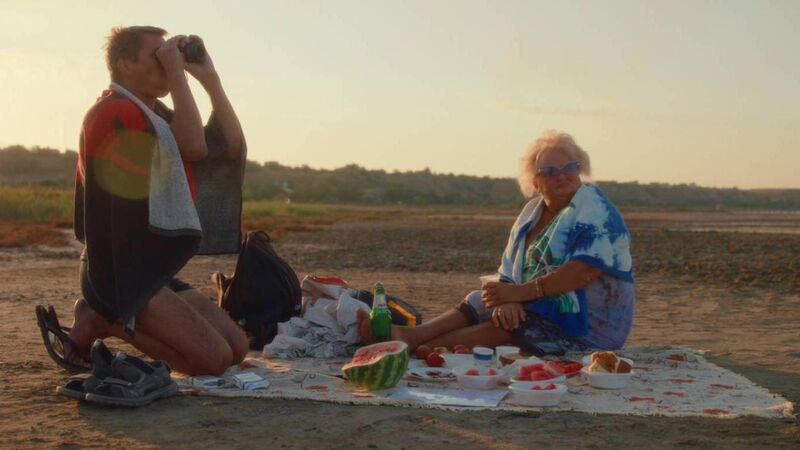Film: Sanity in a sanatorium in a country crippled by war

The documentary Sanatorium won the award for Best Irish Feature Documentary at this year’s Galway Film Fleadh and has garnered widespread acclaim at film festivals worldwide.
Sanatorium is a Ukrainian-language documentary directed by Galway director Gar O’Rourke, focusing on the remarkable story of the Kuyalnik Sanatorium, a wellness centre located in Odessa that has continued to operate despite being in the line of fire from Russian missiles.
Our part of the world doesn’t have a strong tradition of wellness centres like those found in Eastern Europe or the former Soviet Union.
Irish Polish communities, along with people from Lithuania and Latvia, as well as our Ukrainian friends, are likely familiar with the concept of a sanatorium.
This is a place where individuals can seek treatment for illnesses, support for fertility issues, and recovery from emotional and physical struggles.
People don’t just stay for a day; they go for a week or more and are treated by doctors who prescribe everything from mud baths to salt inhalation, massage therapies, and breathing techniques.
There are karaoke nights and dancing too, to support both the spirit and the body.
The Kuyalnik Sanatorium was once a thriving health centre catering to more than 3,000 guests. Today, it is a rough-around-the-edges property, with peeling paint, wobbly door handles, and the occasional leaky roof.
On a good week, the guests reach less than 20% of its capacity, but for those 20%, it is a godsend. It is a chance to heal, restore, and recover despite the hardships of the ongoing war and Russia’s frequent attacks on Odesa.
We meet 40-year-old Andriy, who has a chronic back issue and is still a bachelor. His mother, Natalia, brings him to Kuyalnik to treat his back, but deep down, she hopes he might find a wife among the other guests. Andriy points out that the war makes it difficult to find a partner. Natalia quips that the war hasn’t been raging forever - what was his excuse before that?
Dmitriy is head of maintenance. He is a tank of a man who curses at his workers but is also quick to laugh. He grew up in the area and reminisces about the sanatorium in its heyday. For all his grumbling, he loves the place and is grateful for the doctors who agreed to keep it going despite the conflict.
A young woman, having failed conventional fertility treatments, places her hopes on a miracle-working doctor at the sanatorium.
Another woman has come to find a cure for the illness that struck her body after her husband died on the front-line. Amongst the other women, there she begins to laugh again, her spirits lifted by the shared experience of grief and loss.
The centre provides a reprieve from the war, but not an escape. Air raid sirens blare, and announcements come over the speakers, telling residents to head to the shelter in the basement.
Dmitriy talks one morning about how a drone came right by his house the night before and how his 14-year-old son pretended he wasn’t afraid. As residents swim in the shallow mudflats, smoke fills the sky across the bay following an attack.
Our biggest reminder is a veteran who suffered devastating injuries and now comes to Kuyalnik every four or five months for a reprieve. He is a young man, his back wrecked for life, but he says his mind is still intact. He talks about fellow soldiers whose bodies have healed but whose minds have not, and that is, he says, the worst part of the war.
Kuyalnik is like a time wrap, a bubble of escape at a terrible time. O’Rourke employs a blend of traditional Ukrainian pop music, contributing to this timeless sense of place.
Denys Melnyk’s cinematography is sublime, capturing both the eccentricities of the residents as well as their pride and resilience.
The buildings of Kuyalnik are as much a character as its residents, and Melnyk captures their crumbling beauty with grace.
is funny, smart, moving, and a fine tribute to the stoicism of the Ukrainian people who stand firm under unimaginable circumstances.
, Triskel Cinema, Cork, Sept 7-10, cert 15a, ****







